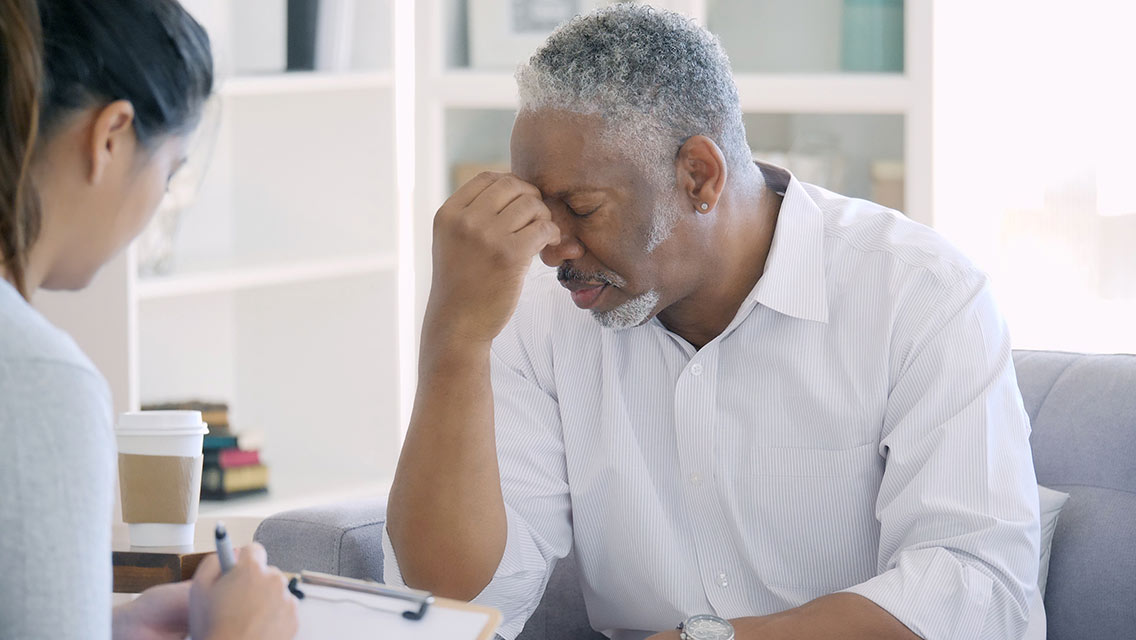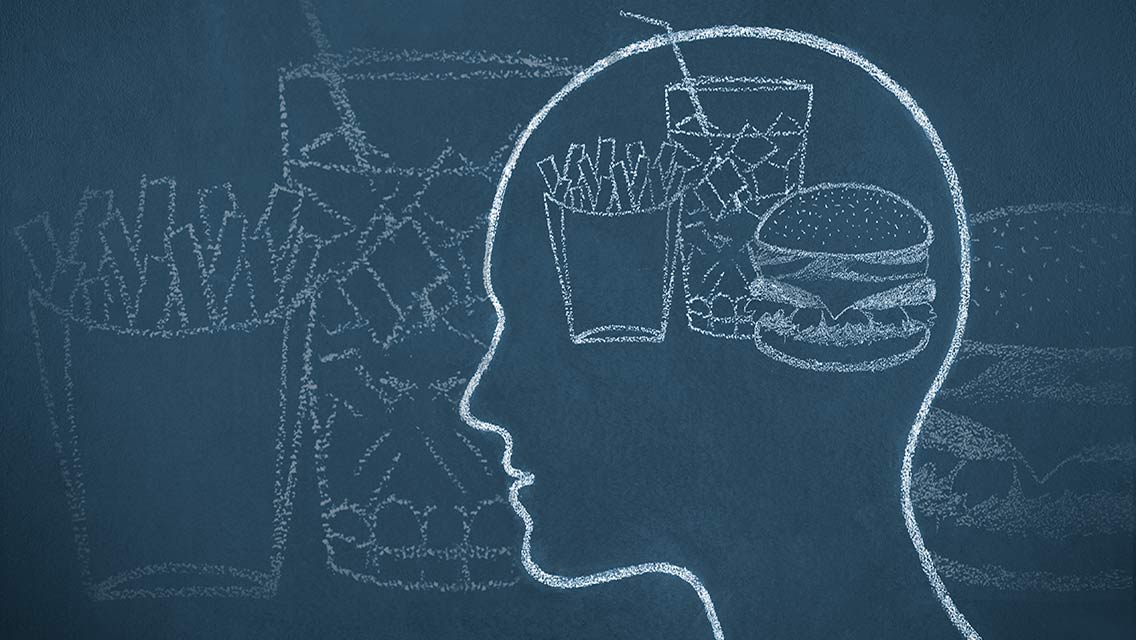There are few scenarios as stress-producing for this septuagenarian as sitting in a doctor’s office. My heart races, my blood pressure spikes, and no amount of deep breathing can calm me down. This disorder, known as white coat syndrome, is not the primary reason I tend to avoid annual physical exams and recommended screenings, but it does highlight my aversion to conventional medicine whenever I’m forced by circumstances to visit a clinic.
So, it’s with mixed emotions that I consider the controversy that has erupted since the U.S. Preventive Services Task Force (USPSTF) in January recommended that physicians screen only adults under the age of 65 for anxiety disorders. The panel argued that there was insufficient evidence of benefits or harms to approve the assessment for seniors. “It’s a strong call for the clinical research that’s needed,” panelist Lori Pbert, PhD, a clinical psychologist and health behavior researcher at the University of Massachusetts Chan Medical School, tells Paula Span in the New York Times.
Yeah! I’m thinking. There’s no way I want a doctor to be checking my anxiety levels while I’m anxiously waiting to escape from the clinic. Talk about nerve-wracking!
But the ruling has irked some psychiatrists who argue that the panel is ignoring mounting evidence showing the pervasiveness of anxiety disorders among the Medicare set. While they admit that these conditions are particularly difficult to diagnose — seniors tend to minimize the symptoms or ascribe them to physical ailments — they believe that’s no reason to discourage attempts to unearth the problem. Writing in JAMA Psychiatry, Carmen Andreescu, MD, Eric Lenze, MD, and Helen Lavretsky, MD, make the case for more urgency than the USPSTF is demonstrating. “The lack of adequate tools does not imply a lack of need,” they note. “It does point toward an area that requires more attention, not less.”
Andreescu, a geriatric psychiatrist at the University of Pittsburgh School of Medicine, and her coauthors cite several major studies that link anxiety disorders among seniors to cardiovascular disease, autoimmune problems, and neurogenerative issues. One meta-analysis they mention found that older adults diagnosed with anxiety were 45 percent more likely than their non-anxious counterparts to develop Alzheimer’s. “The brain of an older adult with severe anxiety ages faster — so fast that for every point on the 80-point worry severity scale they lose three months of brain age,” they note.
“The brain of an older adult with severe anxiety ages faster — so fast that for every point on the 80-point worry severity scale they lose three months of brain age.”
(I calmly took the test and totaled four points, which means my brain is a year older than it should be.)
Like depression, which has also been cited as a modifiable risk factor in diseases affecting the elderly, anxiety can be treated. But Andreescu and her coauthors suspect the task force was swayed by the dangers posed by tranquilizers such as benzodiazepine, which can cause confusion and falls. “One should always consider the risk of unintended consequences with screening for psychiatric disorders,” they allow. “Yet simple, straightforward treatments such as selective serotonin reuptake inhibitors, relaxation-focused cognitive behavioral therapy, and their combination have been shown to be highly effective.”
Span tells the story of Susan Tilton, 72, who admits she’s always been a worrier. “I just thought it was the way things were — you worried,” she says. “I believe I’ve had it since I was a child. To me, it was my normal way of thinking.” But in recent years, anxiety over the health of her generally healthy husband had intensified, robbing her of sleep and dominating her days. “It was very hard to shut it off,” she explains.
Lenze, chief of the psychiatry department at the Washington University School of Medicine, was able to diagnose Tilton’s condition as generalized anxiety disorder, the most common form among seniors. He prescribed mirtazapine (sold as Remeron) and upped her dosage of duloxetine (Cymbalta), an approach that eased Tilton’s anxiety and helped her sleep. “I’m feeling really good right now,” she tells Span.
I seem to be doing OK, as well, thankfully without the aid of pharmaceuticals and despite operating with a brain that’s a year older than the rest of my body. I do have a shingles vaccination coming up next month, though, which would cause me some unease if I hadn’t set up the appointment at the pharmacy instead of the clinic. The old brain still works.





This Post Has 0 Comments